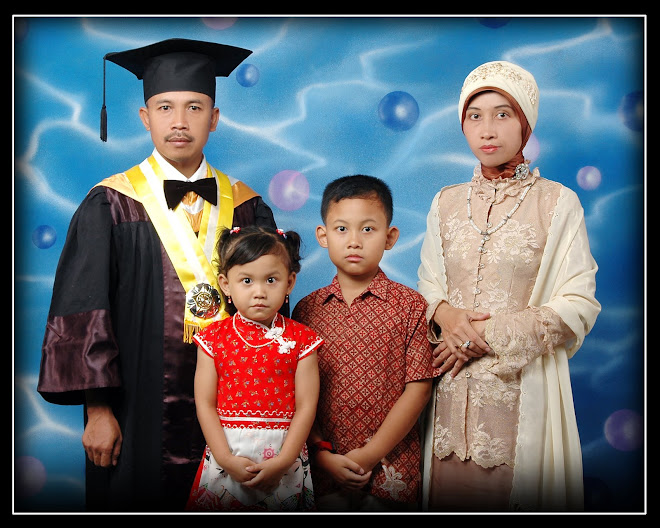M.Roikhan Harowi 1, Soepomo Soekardono 1, Bambang Udji Djoko.R 1
Abstract
Chronic rhinosinusitis (CRS) is a group of disorders characterized by inflammation of the mucosa of the nose and paranasal sinuses of at least 12 consecutive weeks duration. Chronic rhinosinusitis has substantial impact on patient’s quality of life. CRS may significantly reduce health related quality of life as a result of nasal obstruction and irritation, lost sense of taste and smell, sleeping difficulties, and persistent cold-like symptoms. Although sinus surgery may reduce the incidence of recurrent infection in patients with chronic sinusitis, little is known about the effect of such surgery on a patient's quality of life. Endoscopic sinus surgery (ESS) is probably one of the most important therapies for CRS. Improvement following FESS for CRS has been reported as very good, with satisfaction reported in up to 98% of patients. The use of endoscopic sinus surgery (ESS) in the CRS has improved ability to visualize the anatomy and extent of disease using endoscopes. The objective of this study was to compare the health-related quality of life of patients who have been performed conventional sinus surgery with those who have been performed endoscopic sinus surgery.
This was a analytic cross sectional study of patients who have been performed sinonasal surgery. The subjects who have been performed sinus surgery devided into two group, conventional surgery group and endoscopic sinus surgery group. Number of subject would be compared 31 patients for each group. The health-related quality of life would be compared at minimal 6 months after surgery using the Sino-Nasal Outcome Test 20 (SNOT-20). The data have analyzed using X2 test and X2 Mantel Haenzel test to evaluate the characteristic of subject in both groups. There was no significantly difference the characteristic of subject in both groups (p>0,05). There was significantly difference of the patient’s health-related quality of life according to allergy (p=0,001). There was no significantly difference score mean SNOT 20 according to sinonasal surgery group (p>0,05). Analyzed with logistic regresion there was significantly difference of patient’s health-related quality of life according to allergy (p=0,033; adjusted odd ratio 29,433; 95% CI 1,318-657,202) and according to age (p=0,032; adjusted odd ratio 8,030; 95% CI 1,197-53,886). There was no significantly difference of the patient’s health-related-quality of life in chronic rhinosinusitis (CRS) who have been performed endoscopic sinus surgery with those who have been perfomed conventional sinus surgery (p=0,095; 95% CI 0,574-1034,074).
Conclusion : There was no significantly difference of patient’s health-related quality of life according to SNOT 20 in CRS who have been performed endoscopic sinus surgery with those who have been performed conventional sinus surgery.
Keywords : chronic rhinosinusitis, quality of life, SNOT 20, sinonasal surgery
---------------------------------------------------------
1. Otorhinolaryngology Head and Neck Surgery Departement, Faculty of Medicine Gadjah Mada University/Dr Sardjito Hospital.
Langganan:
Posting Komentar (Atom)


Tidak ada komentar:
Posting Komentar